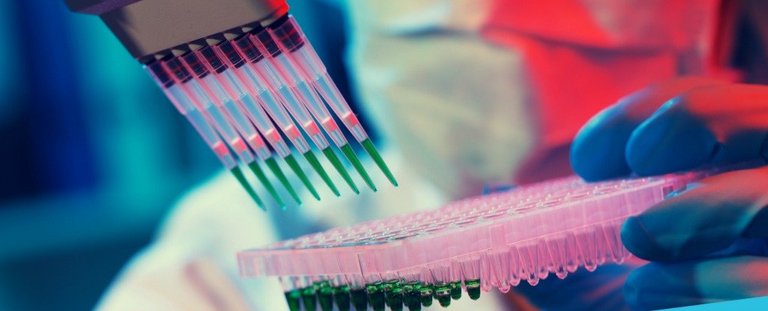
A simple simple blood test that is being developted today can predict the cancer years before. This cancer test is a new non-invasive method and delivering promising results in early stage of studies. That exciting progress may enable to screen cancer with a simple blood test.
What is used today for detecting cancer is biopsy, namely cutting a small piece of tumor for laboratory analysis. Problem here is that this operation is painful and invasive. Additionally biopsy method is only performed where already a tumor exists or suspected to be growing. That is why cancer is often late diagnosed. Therefore scientists are working to develop blood tests that can do the same job without surgery and provide much earlier diagnosis. When focused on DNA fragments broken out from circulating tumors, it is possible to detect cancer in the blood, called circulating tumor DNA (ctDNA). During therecent years scientists have been working on the best optimal method of detecting CTDNA by examining samples taken from cancer-diagnosed patients.
When the latest study was presented at the American Society of Clinical Oncology (ASCO) meeting in 2017, the work of the scientists was overtaken by what they could find with the diagnosis of CTDNA. Pedram Razavi, Principal Investigator of Memorial Sloan Kettering Center; Suggests that high-density tumor DNA sequences in the circulation are possible and that this will provide invaluable information for clinical decisions, without the need to take a tumor sample.The team used tissue samples from 124 patients with metastatic breast cancer, lung cancer, and advanced prostate cancer. The samples were screened for 508 different gene mutations, almost 60000 times over the genome-specific regions. For scientists, this method provides 100 times more data than other sequence approaches.
Researchers; In 3 types of cancer tissues, 864 genetic alterations were detected and 73% of them were found in blood tests.In 89% of the patients, at least one mutation was found both in the stomach and the tumor. The success rate of liquid biopsy, such as breast cancer, increased to 97% when appropriate.
One of the greatest benefits of sensitive ctDNA testing is that, unlike biopsy, it gives cancer the chance to find it years before catching it before it spreads to whole body.
The results seem promising at the moment, but the team needs to do more research before it turns into an early diagnostic tool that we all can benefit from routine checks.
upvoted nice post keep it up @bankopm
thank you!